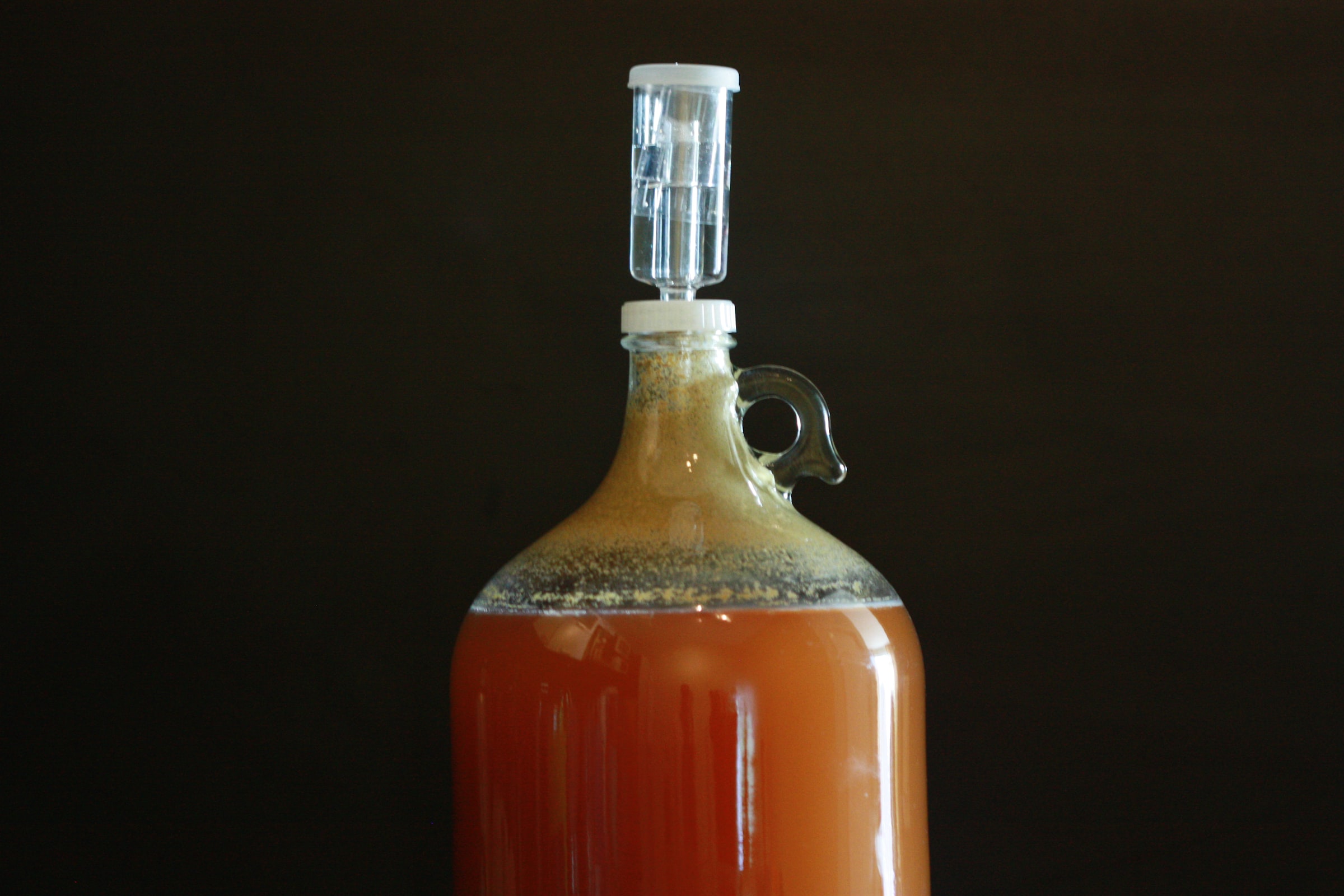


#Alcohol #DIY #Homebrew #Kombucha #Sustainable Hobbies
Doug Fogelson
Ever go to a restaurant or bar and think that drink prices are way too high? One alternative is to craft your own wine, beer, mead, or infusing spirits with flavors from your garden. You can even recycle wine and beer bottles to refill with your own “private label,” thus taking more needless production out of the supply chain and staying circular while you “just DIY“ it. Kits are not terribly expensive and once you own the basic tools, the following batches you make are more and more cost effective. Fermenting isn’t a long process — in less than two weeks, you can have strong alcohol — and then it’s up to you how long you want to age the racked and bottled results.
A downside to the process is the lack of variety in the winemaking grape juice offerings on the market. Unless one lives near a vineyard or knows a wine grower to get fresh grapes at harvest season it is necessary to buy concentrates (often from faraway places like Chile or Australia). The ingredients for beer seem to be easier to find and use to pleasing effect.
If you’re interested in homebrewing, you may also be interested in making your own kombucha! Kombucha is a probiotic-rich fermented tea known for its unique, tangy flavor profile and digestive benefits. While you can find kombucha at many health stores, brewing your own is a rewarding way to save money and reduce your environmental impact. To get started, you’ll need a SCOBY (Symbiotic Culture of Bacteria and Yeast), which ferments the tea. You can purchase a SCOBY, trade a friend for one, or make your own using a bottle of live kombucha. Once you have a SCOBY, you add tea and sugar, let it ferment for 1-2 weeks, and then your homemade kombucha is ready to drink! After the first fermentation, you can personalize the carbonization level and flavor of your kombucha by adding fruits and other flavors for a second ferment. To learn more about brewing your own kombucha, check out YouBrewKombucha (https://www.youbrewkombucha.com/).
Caution: brew and drink responsibly.
According to the American Homebrewers Association, which of the following is a way to reduce water usage during your homebrewing process?